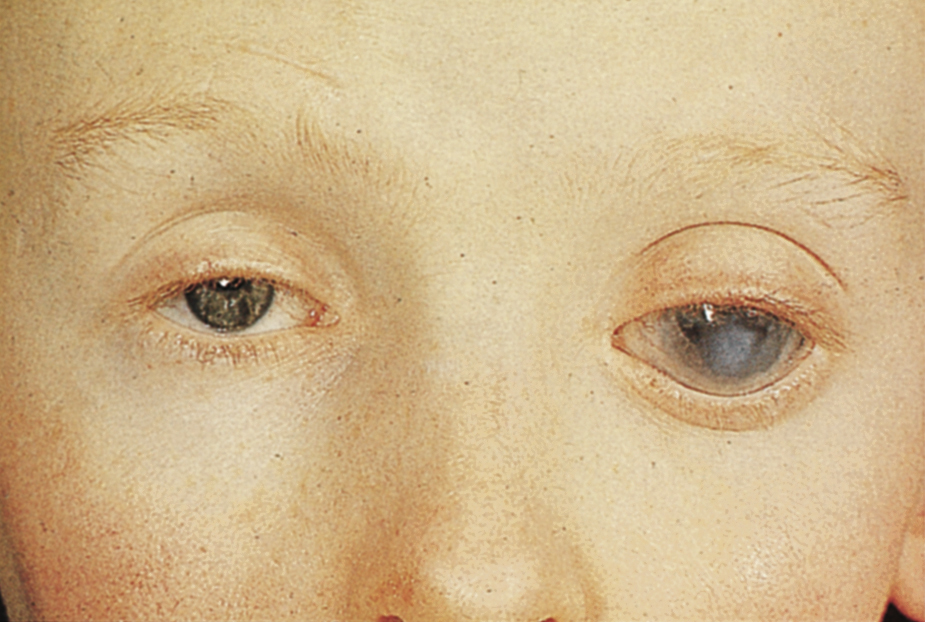homocystinuria /hō′mōsis′tino͝or″ē·ə/ [Gk, homos + (cystine); Gk, ouron, urine] , a rare biochemical abnormality characterized by the abnormal presence of homocystine, an amino acid, in the blood and urine, which is caused by any of several enzyme deficiencies in the metabolic pathway of methionine to cystine. The disease is inherited as an autosomal-recessive trait. Its clinical signs are similar to those of Marfan’s syndrome, including cognitive impairment, osteoporosis leading to skeletal abnormalities, dislocated lenses, and thromboembolism. Treatment may include a diet low in methionine and supplementation with large doses of vitamin B. Long-term results of treatment are not available. −homocystinuric, adj.

